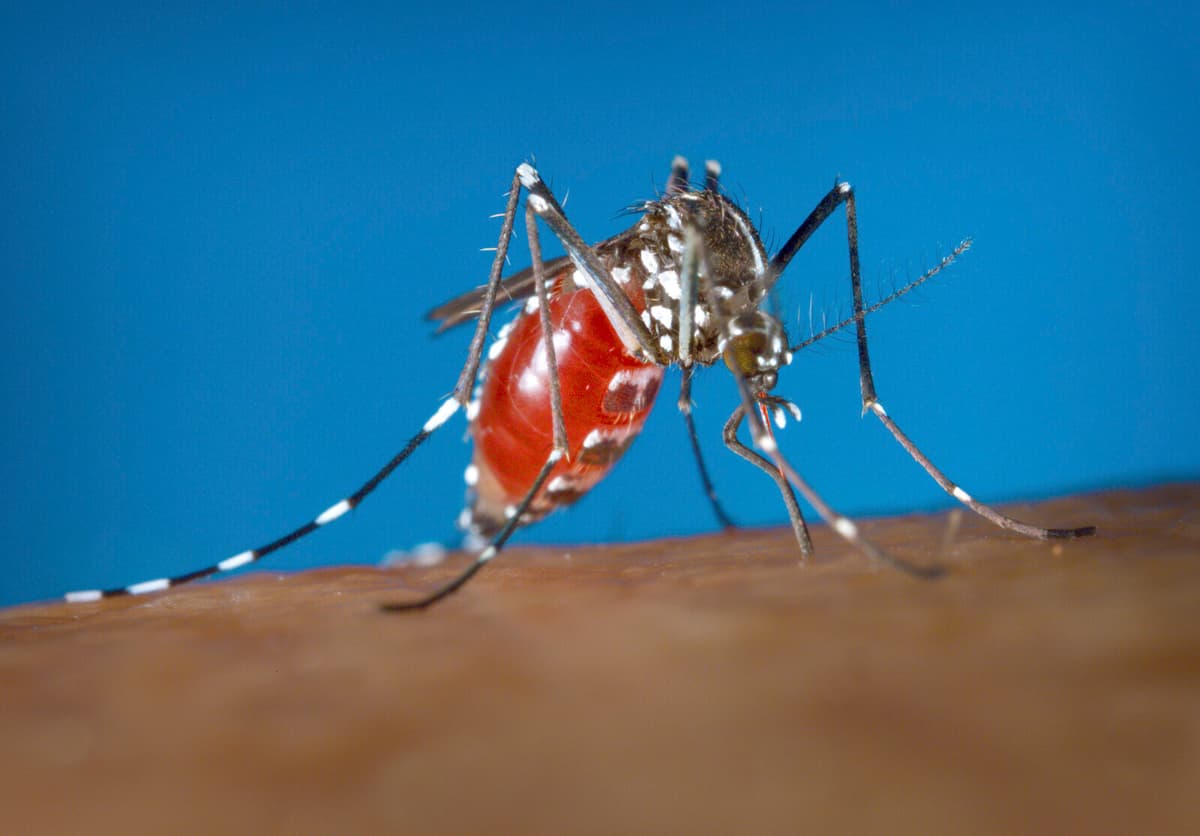The Asian tiger mosquito (Aedes albopictus) is spreading rapidly in Europe. It is now found in 369 regions in 16 European countries, compared to only 114 regions ten years ago, reports the European Centre for Disease Prevention and Control (ECDC).
Climatic changes have made several major Western European cities - such as London, Vienna, Strasbourg and Frankfurt - now potentially suitable for the tiger mosquito to establish itself in, notes French researchers in a study published in Global Change Biology.
Spread rate increases
So far, the mosquito is not found in the designated cities, but the spread rate northwards in France has accelerated from about six kilometers per year in 2006 to 20 kilometers per year in 2024.
Based on the results, we estimate that the mosquito could establish itself in northern France within a decade, from where it could easily reach London - which already has a climate that suits it, says Andrea Radici, researcher at the University of Montpellier in a comment.
So far this year, Europe has had 27 outbreaks of chikungunya virus, which is a new record. The number of registered cases of West Nile virus, which is spread by the culex modestus mosquito, is the highest in three years and ECDC estimates that it will reach a peak in August or September.
There are vaccines against dengue and chikungunya, but ECDC recommends that you protect yourself with insect repellent, mosquito nets and clothing with long sleeves and legs, especially early and late in the day when mosquitoes are most active.
The risk of becoming infected in Europe is currently also low, emphasizes Klara Sondén.
On the other hand, it is a new situation in Europe in recent years that seems to be here to stay and we as travelers need to be aware that these infections actually occur even in our most common holiday destinations.
Fever most common
Fever is the most common symptom, but viral diseases can also cause skin rashes. Chikungunya can cause joint pain and dengue headache and body aches.
West Nile is a bit more insidious because it sometimes gives a very mild or imperceptible disease. But more obvious signs of a nervous system infection are that you may be confused, get severe headache and have problems managing your daily chores.
Most people who are affected get a mild fever and do not become particularly ill, but every year people die from dengue fever and West Nile fever.
For those who become ill in connection with a trip to one of the areas where the infections occur, it is important to inform the healthcare provider about it when seeking care.
Until August 13, eight countries in Europe have reported 335 domestic cases of West Nile virus and 19 deaths.
Italy is highest with 274 confirmed infection cases, followed by Greece with 35 cases and Serbia with nine.
France has reported 111 cases of chikungunya and Italy seven. No deaths have been reported in Europe, but globally, 240,000 cases of illness have been reported and 90 deaths so far this year. Source: ECDC






